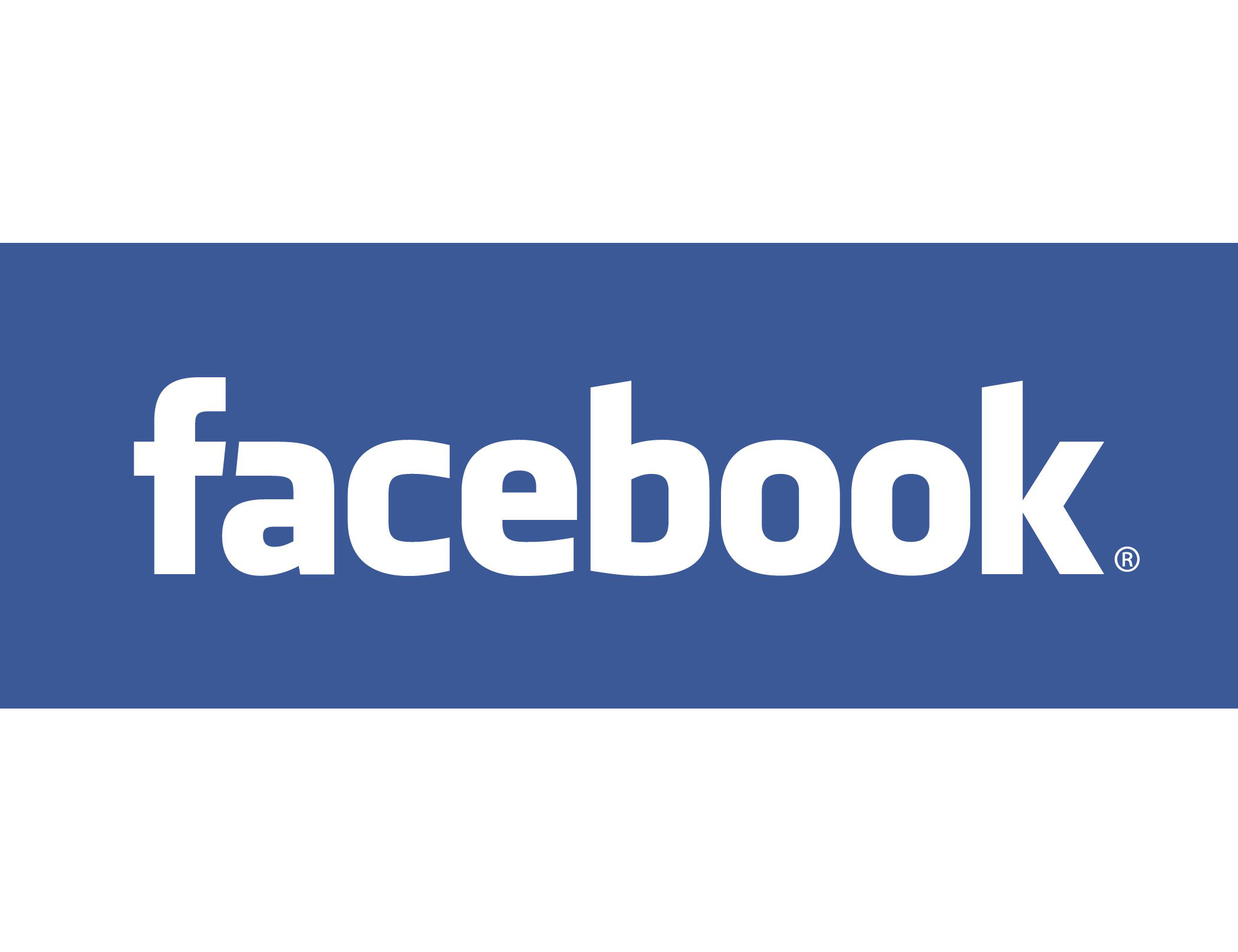A few days back a couple I am friends with on Facebook ‘announced’ the arrival of their child into the world, on Facebook. The ‘announcement’ read like a press release and seemed more like an announcement of a new ‘product launch’ than the arrival of a new baby.
When I was cribbing about this to a friend, she asked, how else could they have done it? “They could have just said, we became parents,” I replied.
This wasn’t the only case. In the past I have seen couples ‘announce’ their weddings, their ‘engagements’ and even their ‘honeymoons’ on Facebook, making it sound more like a new ‘joint venture’ between two companies than the coming together of two individuals.
In fact, one Facebook friend even uploaded extremely intimate pictures of his week-long honeymoon on a daily basis and marked it with headings like Day 1, Day 2, Day 3 and so on. This led me to comment that we live in an era where we see honeymoon updates of people whose weddings we don’t attend.
Honestly, it is at moments like these when I really wish Facebook had a dislike button as well. The trouble with Facebook is that you can only like something, but the moment you do not like something, there is no way you can go about expressing it immediately. While one can always write a comment, but that needs some mental effort, which is not always forthcoming when one is Facebooking.
So the question is why does Facebook only have a like button? As Dan Ariely writes in Behavioural Economics Saved My Dog: “Facebook “Like” button is much more than a way for us to react to other people. It is a social-coordination mechanism that tells us how we can, and should respond. It subtly gives us instruction on what is OK (and not OK) to post and it gently tell us how we can and can’t behave on Facebook.”
And why does Facebook not have a dislike or a hate button? As Ariely explains: “Adding buttons such as “Dislike” or “Hate” would change our mindset when we read different posts; it would prompt us to have more negative reactions and I suspect that very quickly it would destroy this social network’s positive atmosphere.”
This explains why Facebook does not have dislike or a hate button. While the atmosphere does turn nasty on Facebook once in a while, on the whole it has a positive atmosphere. In fact, Ariely even suggests that “for what it’s worth my preference would be to add a button for “Love”.”
This is something that Twitter did recently wherein they added a heart button which signifies “like”. Earlier this used to be called the “favourite” button.
Anyone who has used Twitter extensively would know that the medium has a very negative atmosphere on the whole unlike Facebook. It’s a medium where you have many people fighting, criticising, abusing and misleading, all the time.
Other than births and marriages, people also announce the deaths of their loved ones on Facebook. Now this is a tricky situation. Often such ‘announcements’ are accompanied by a very emotional write-up, which as a reader you may want to like, but then how do you like a post announcing someone’s death? This doesn’t stop people from liking posts which announce deaths of individuals as well.
As Mark Zuckerberg chairman and chief executive of Facebook said sometime late last year: “Not every moment is a good moment, right? And if you are sharing something that is sad, whether it’s something in current events like the refugee crisis that touches you or if a family member passed away, then it might not feel comfortable to Like that post.”
“What [users] really want is the ability to express empathy. Not every moment is a good moment,” he added.
I for one am waiting for some sort of an empathy button. Maybe a hug button to start with. How about you, dear reader?
(Vivek Kaul is the author of the Easy Money trilogy. He tweets @kaul_vivek)
The column originally appeared in the Bangalore Mirror on February 10, 2016
